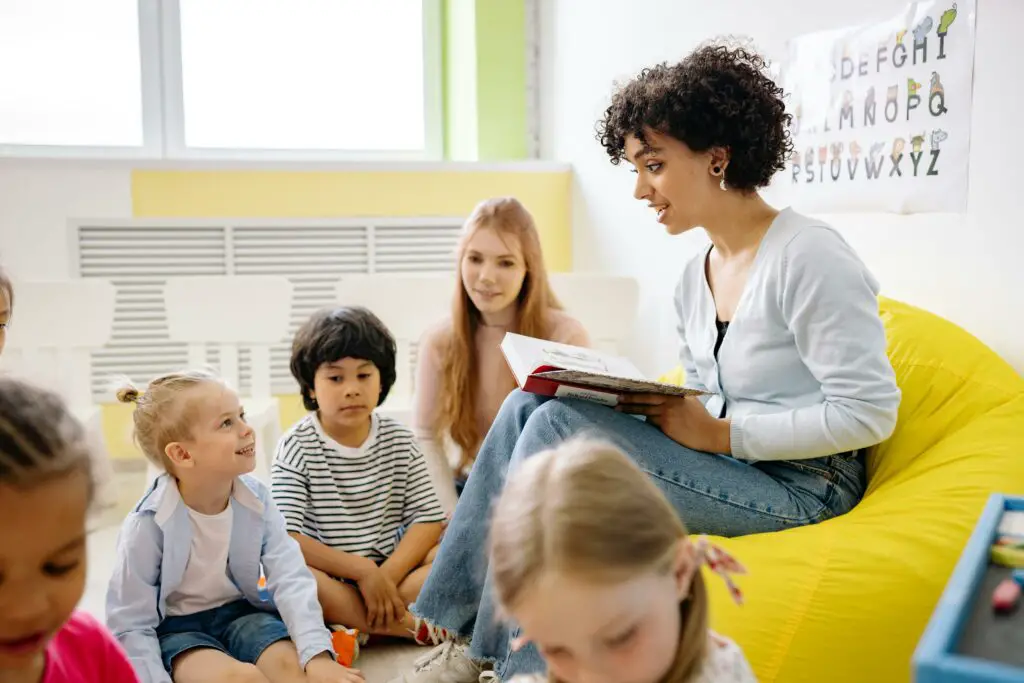Teachers’ Possessive:
Nurturing Ownership in Education
In the realm of education, where the corridors echo with the footsteps of curious minds and the walls bear witness to the exchange of knowledge, there exists a subtle yet profound concept: the possessive form of teachers. It’s a notion that transcends the grammatical intricacies of language, delving into the very essence of mentorship, guidance, and empowerment within the classroom. As we embark on a journey to explore the depths of this idea, let us unravel the layers of its significance and the implications it carries for both educators and learners alike.

Unveiling the Essence of Teachers’ Possessive
At its core, the notion of teachers’ possessive embodies the sense of ownership that educators instill in their students towards their learning journey. It transcends the conventional roles of teacher and pupil, fostering a dynamic partnership where both parties are invested in the pursuit of knowledge. It’s about more than just imparting information; it’s about nurturing a sense of ownership, responsibility, and autonomy within each learner.
Empowering Students Through Ownership
In a classroom guided by the principles of teachers’ possessive, students are not merely passive recipients of information but active participants in their own education. They are encouraged to take ownership of their learning, to ask questions, seek answers, and explore the depths of their curiosity. This sense of ownership fosters a deep-seated motivation that transcends grades or accolades, driving students to excel not for external validation but for the sheer joy of discovery.
Fostering a Culture of Collaboration
The concept of teachers’ possessive also extends beyond the individual student-teacher dynamic to encompass the broader educational ecosystem. It emphasizes collaboration, community, and collective ownership of knowledge. In such a culture, educators work hand in hand, not in isolation, sharing insights, strategies, and resources for the betterment of all. Similarly, students collaborate with their peers, drawing strength from their collective experiences and perspectives.
Cultivating Critical Thinking and Creativity
One of the most profound impacts of teachers’ possessive is its ability to cultivate critical thinking and creativity in learners. By encouraging students to take ownership of their learning, educators empower them to think independently, question assumptions, and explore alternative perspectives. This fosters a culture of innovation where creativity flourishes, and new ideas take root. Rather than passively absorbing information, students actively engage with it, connecting concepts, synthesizing knowledge, and forging their path forward.
Navigating Challenges and Embracing Growth
Of course, the journey towards embracing teachers’ possessive is not without its challenges. It requires a fundamental shift in mindset, both for educators and learners. Teachers must relinquish the traditional role of the sage on the stage and embrace a more facilitative approach, guiding students along their learning journey rather than dictating it. Similarly, students must overcome the inertia of passive learning and embrace the responsibility that comes with ownership.
Looking Ahead:
The Future of Education
As we look to the future of education, the concept of teachers’ possessive stands as a beacon of hope and possibility. In an age marked by rapid technological advancement and ever-evolving societal demands, it offers a timeless principle that transcends the confines of time and space. Whether in a traditional classroom or a virtual learning environment, the essence of teachers’ possessive remains unchanged: to nurture ownership, foster collaboration, and empower learners to chart their path towards a brighter future.
In Conclusion
The notion of teachers’ possessive is not merely a grammatical quirk but a profound philosophy that underpins the very fabric of education. It challenges us to reimagine the roles of educators and learners, to embrace collaboration over competition, and to cultivate a culture of ownership and empowerment. As we navigate the complexities of the modern world, let us not forget the transformative power of teachers’ possessive in shaping the minds and hearts of future generations.
